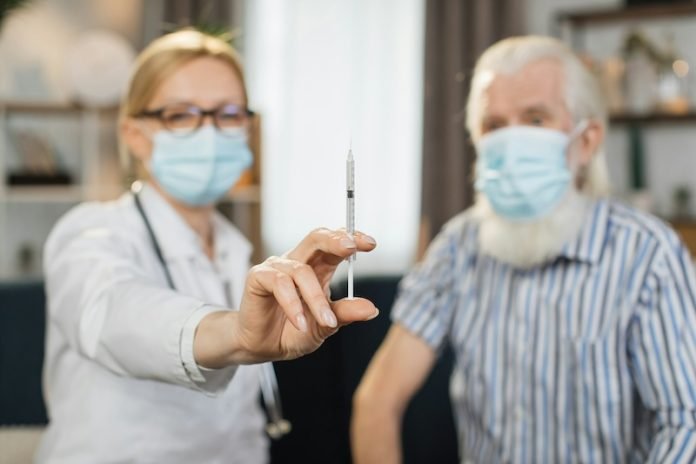
A recent study brings good news for those concerned about the aftereffects of COVID-19, especially when it comes to heart and clot-related complications.
Published in the journal Heart, this research led by Professor Daniel Prieto Alhambra and conducted by a team including Nuria Mercade Besora, shines a light on the protective benefits of COVID-19 vaccination.
Through a careful examination of data from the United Kingdom, Spain, and Estonia, involving over 20 million people—half vaccinated and half not—the study meticulously analyzed how vaccination influences the risk of serious health issues following a SARS-CoV-2 infection.
This included heart failure, venous and arterial thromboembolism (clots in veins and arteries), and other cardiac issues.
The findings are clear and compelling: those vaccinated against COVID-19 are significantly less likely to suffer from these severe complications compared to their unvaccinated counterparts.
For instance, in the first 30 days post-infection, vaccinated individuals showed a 78% lower risk of venous thromboembolism, a 47% lower risk of arterial thrombosis/thromboembolism, and a 55% lower risk of heart failure.
While the protective effects of the vaccines were observed to wane over time, they remained notably beneficial up to a year after infection.
For example, between 91 to 180 days post-infection, the reduced risks of venous thromboembolism, arterial thrombosis/thromboembolism, and heart failure were 47%, 28%, and 39% respectively, showcasing the lasting impact of vaccination.
It’s important to note, however, that the study, being observational, cannot definitively prove cause and effect. The researchers also acknowledge potential limitations related to data quality and the risk of under-reporting post-COVID-19 complications.
Despite these challenges, the use of advanced statistical methods and the consistency of results across multiple databases lend credibility to the findings.
The study also touched on the concerns about rare but serious side effects linked to some COVID-19 vaccines, like blood clots and myocarditis.
Yet, it emphasized that the risk of such complications is much higher following an actual SARS-CoV-2 infection, underscoring the vaccines’ overall safety and efficacy.
These insights come as a reassurance and a call to action for those hesitant about vaccination due to fears of side effects.
With the vaccines proving to significantly reduce the severity of infections, hospital admissions, and deaths related to COVID-19, they offer a powerful defense against the disease and its long-term health implications.
The research team, while satisfied with their findings, advocates for further studies to explore the effects of booster vaccinations across different populations.
This study not only contributes to our understanding of the COVID-19 vaccines’ benefits but also encourages ongoing vaccination efforts as a crucial strategy in combating the pandemic’s impact.
If you care about COVID, please read studies about vitamin D deficiency linked to severe COVID-19, death, and how diets could help manage post-COVID syndrome.
For more information about COVID, please see recent studies that low-sodium plant-based diets may prevent COVID-19 better, and results showing zinc could help reduce COVID-19 infection risk.
The research findings can be found in Heart.
Copyright © 2024 Knowridge Science Report. All rights reserved.



